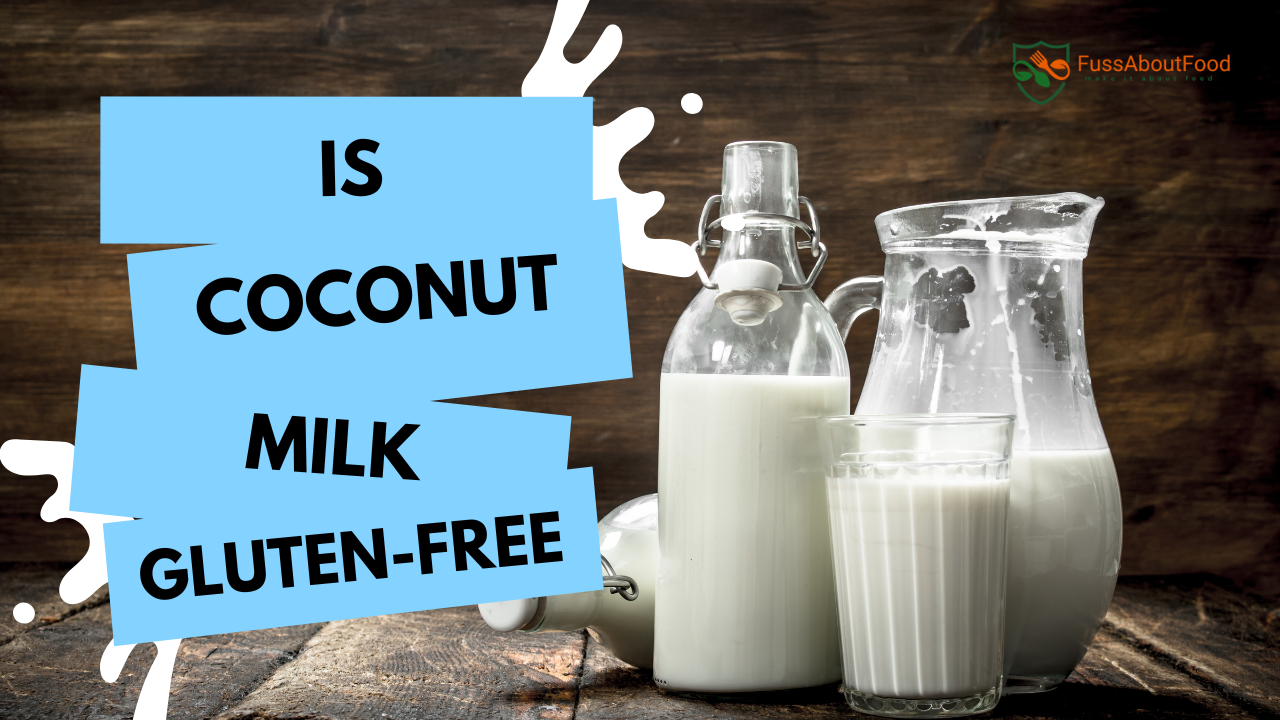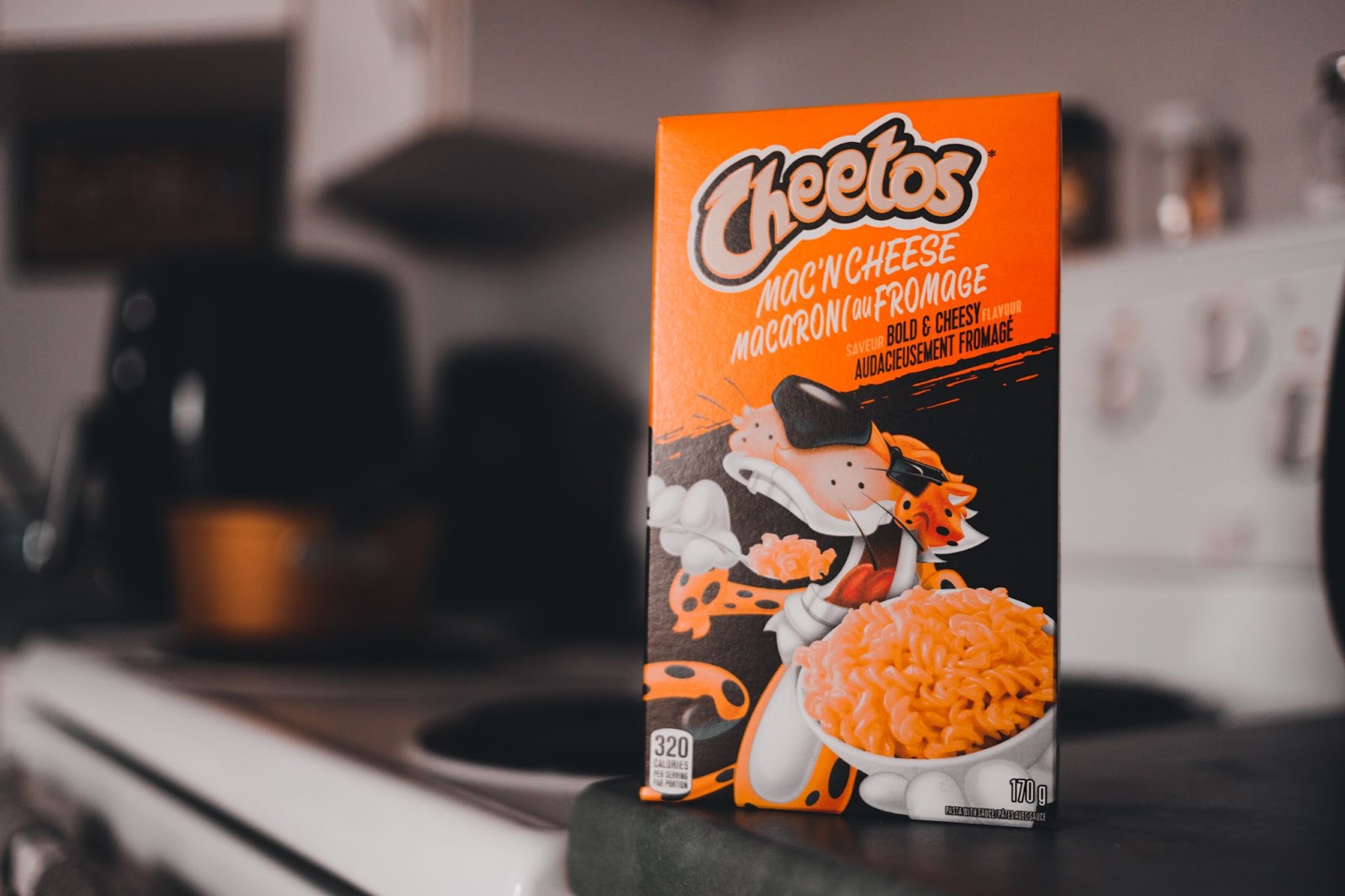
Are Cooking Oils Gluten-free?
Not sure if your favorite cooking oil is gluten-free? Find out what you need to know about these popular kitchen staples as gluten-free diets gain increasing attention globally, so it is essential to understand the ingredients in our daily meals. Cooking oils, being a vital component of numerous dishes, raise the major question, “Are cooking oils gluten-free?”
In this article, we will discuss the nature of cooking oils, the gluten-free options available, and the health benefits associated with them.
Table of Contents
Understanding Gluten
Gluten is a protein found in wheat, barley, and rye. It gives elasticity, texture, and structure to bread, pasta, and other baked goods. However, gluten can pose problems for individuals with celiac disease, an autoimmune disorder. When people with celiac consume gluten, it triggers an immune reaction that damages the small intestine, leading to various symptoms such as diarrhea, abdominal pain, and bloating. Other individuals may experience gluten sensitivity or intolerance, which can cause similar symptoms without the immune response.
Are Cooking Oils Gluten-Free?
In general, cooking oils are naturally gluten-free as they are derived from plants or seeds that do not contain gluten. Some of these gluten-free cooking oils are:
Olive oil: Obtained from the fruit of the olives, it is a heart-healthy oil due to its high content of monounsaturated fats.
Canola oil: Extracted from the seeds of the canola plant, it is an excellent source of monounsaturated fats and low in saturated fats.
Sunflower oil: Obtained from sunflower seeds, it is rich in Vitamin E and has a high smoke point, making it ideal for frying.
Coconut oil: Extracted from the flesh of the coconut, this oil is high in saturated fats and is particularly beneficial for individuals following a keto diet.
Grapeseed oil: Derived from grape seeds, it possesses a high smoke point, making it suitable for high-heat cooking.
Contamination Concerns
Although cooking oils are inherently gluten-free, cross-contamination is a possibility during processing, packaging, or transportation. To ensure you are consuming gluten-free cooking oil, look for oil brands that carry the certified gluten-free label. This ensures that the oil meets the standards set by gluten-free certification organizations.
Health Benefits of Gluten-Free Cooking Oils
Gluten-free cooking oils not only cater to those with gluten sensitivities but also offer various health benefits.
Heart health: Olive and canola oils are rich in monounsaturated fats, which have been shown to improve heart health by reducing bad cholesterol (LDL) and increasing good cholesterol (HDL).
Antioxidant properties: Sunflower and grapeseed oils contain polyphenols and Vitamin E, which have potent antioxidant properties, and they may help to reduce inflammation and oxidative stress in the body.
Weight management: Coconut oil contains medium-chain triglycerides (MCTs), which are quickly metabolized by the body and may assist in weight management.
Skin and hair health: Multiple cooking oils act as skin moisturizers and hair conditioners, promoting overall skin and hair health.
Conclusion
Cooking oils are generally gluten-free and suited for individuals with gluten sensitivities. However, one must be cautious with potential cross-contamination and always look for certified gluten-free labels. Cooking oils, such as olive, canola, sunflower, coconut, and grapeseed oil, provide excellent health benefits, making them an essential part of a balanced diet.
FAQS
What cooking oils are not gluten-free?
Most cooking oils are naturally gluten-free, but some may contain added ingredients that contain gluten. It is best to look for the certified gluten-free label on any product to ensure that it is safe for those with gluten sensitivity.
Are all vegetable oils gluten-free?
Yes, most vegetable oils are considered gluten-free.
Is coconut oil classified as cooking oil?
Yes, coconut oil is classified as a cooking oil. It is high in saturated fats, making it particularly beneficial for individuals following a keto diet. It also has potent antioxidant properties and may help to reduce inflammation and oxidative stress in the body.






